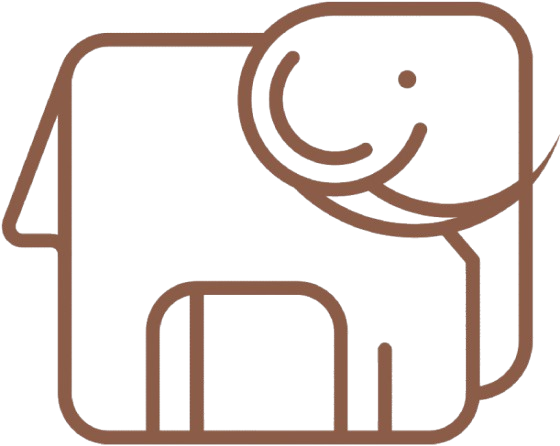Camping Botswana
A guide to self-drive safari camping in Botswana
Self-drive Safari Camping in Botswana
Embarking on a camping trip in Botswana requires a good deal of planning and preparation. You will be going to remote areas, accessible only by four-wheel drive, where water, petrol, or food may not be available. You may often be driving on rough terrain, and through heavy sand, in conditions very different from those you are used to.
As a general rule, take all food requirements to last your stay. Take at least 20 litres of water per person, preferably more; for desert destinations, carry about 50 to be safe. Our vehicle carries at least 180 litres of petrol in long-range tanks, we also have another 20-40 litres in metal jerry tins. Take spare vehicle parts for breakdowns.
As campsites within game reserves and national parks are usually not fenced, it is important for campers to take necessary precautionary measures to ensure their safety and to abide by the information provided by wildlife officers.
Rules:
Campsites
Only camp in designated campsites.
Tents
Always sleep in your tent, roof tent or vehicle. Make sure your tent zips up well.
Protection
Don’t sleep with legs or arms protruding from the tent.
Rubbish
Use rubbish receptacles at the campsites; if there are none, carry away all rubbish until you get to the next town.
Smoking
No smoking in vehicles or tents. Cigarette butts should be well extinguished and placed in a rubbish bag, not thrown on the ground.
Campfires
Make sure the campfire is well extinguished at the end of the evening, or after use, and cover it with sand.
Wildlife
Don’t sleep on bridges or animal paths, particularly those of elephants and hippos.
Waste
Bury all faecal matter and burn all toilet paper.
Unclean Water
Don’t bathe or drink from still bodies of water; there is the danger of bilharzia.
Swimming
In the Okavango, don’t swim in lagoons or streams; there is the danger of crocodiles and/or hippos.
Children
Children must be constantly supervised. Never leave them alone at the campsite. Never allow children to nap on the ground or in the open.
Straying
Don’t stray far from the campsite, or walk in the bush, unless with a qualified guide.


